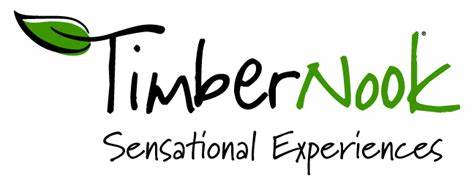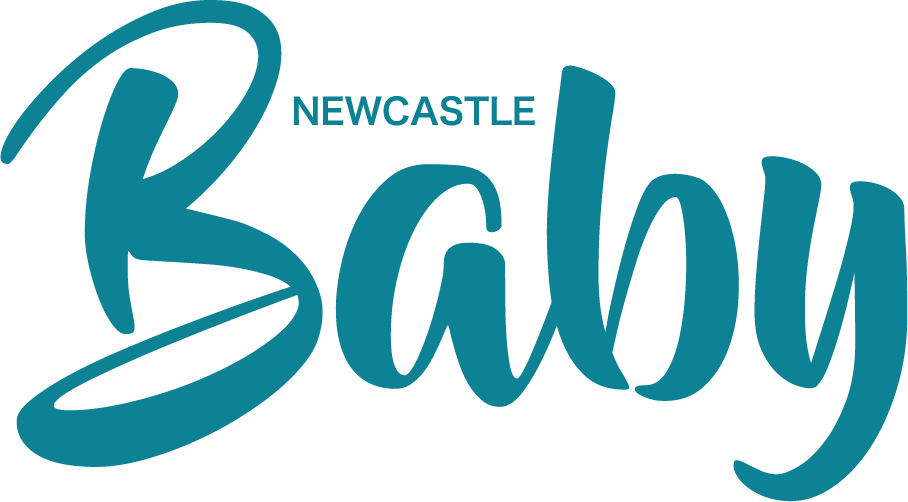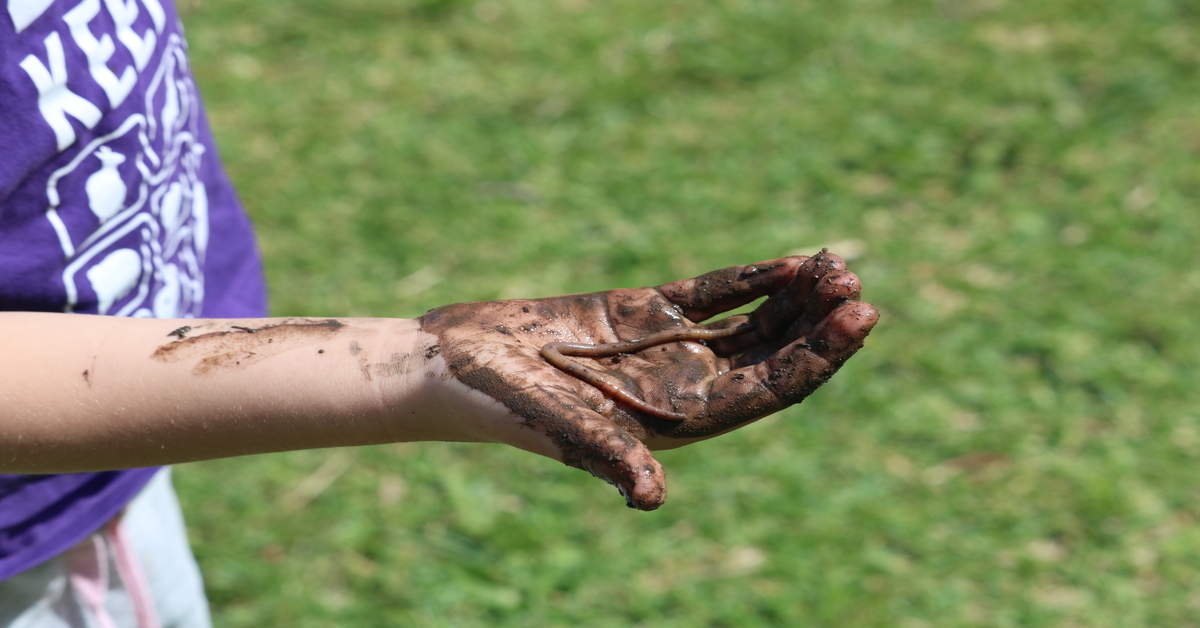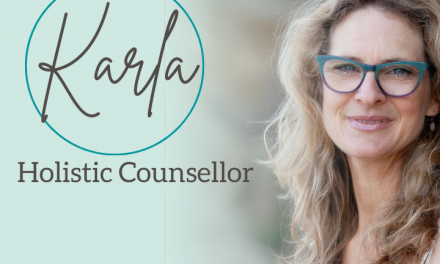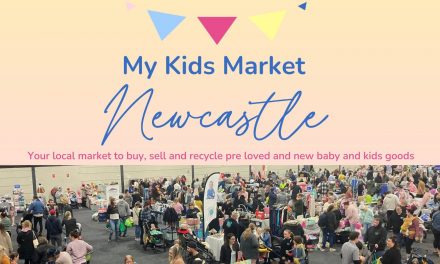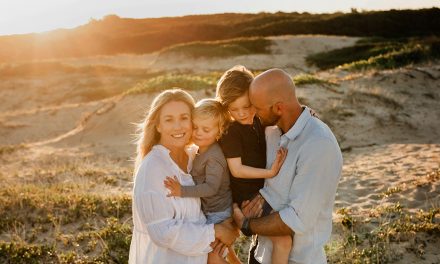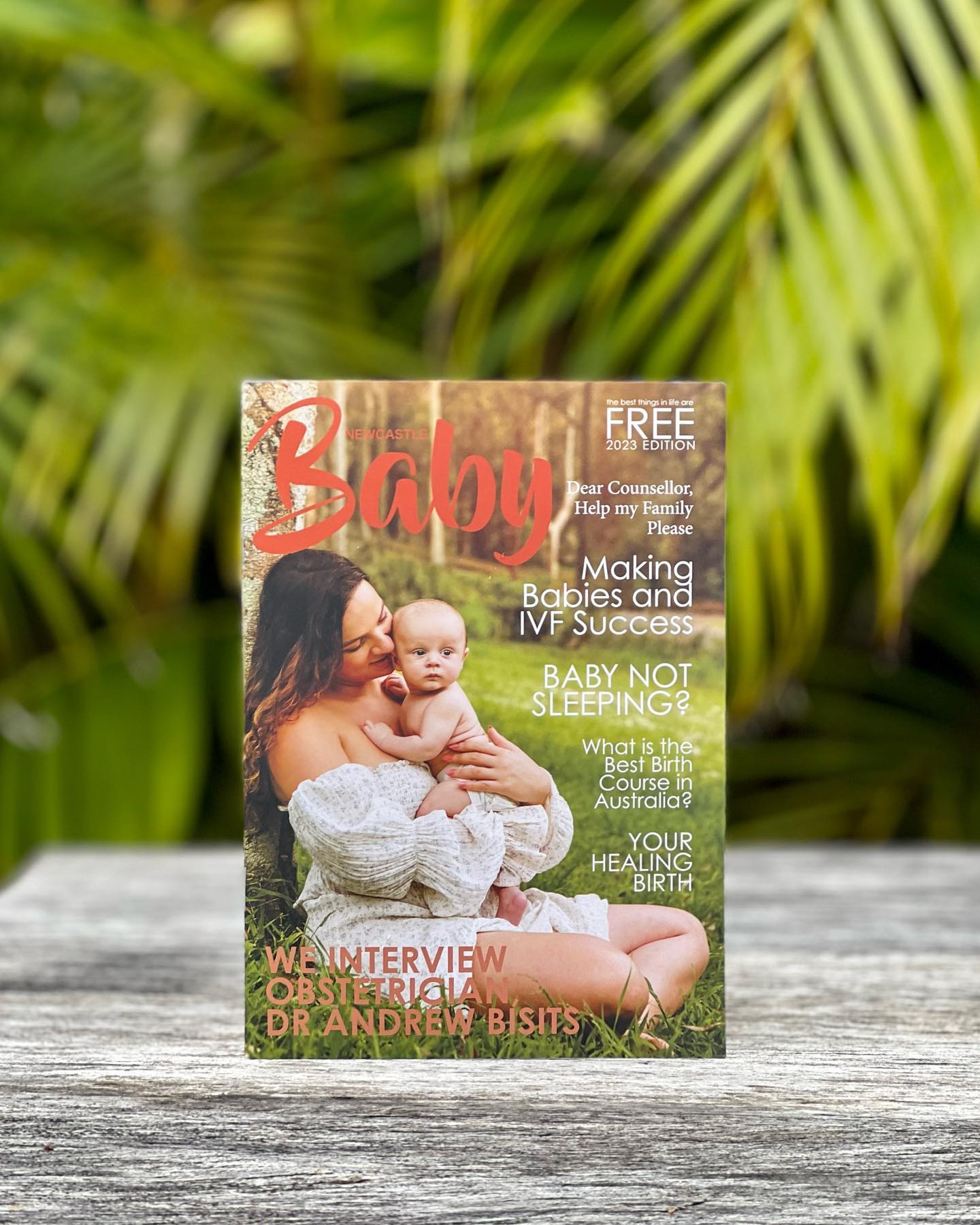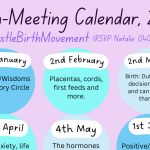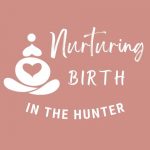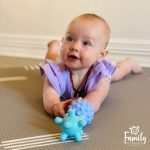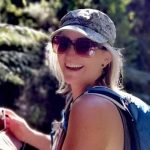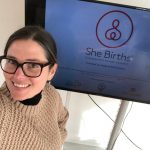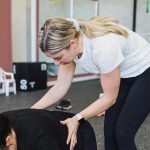“Look at my mud cake!” she says, pouring big globs of mud from the jug into the old cake tin.
Her hands are muddy, her feet bare. She sits for more than an hour, mixing and mashing, creating and pouring. It is play, pure and simple – she is following her own interests, is taking her time and making up the rules as she goes. There are no flashcards or devices in sight, no “learn to read” programs or repetitive drilling of ABC’s and 123’s. And yet, right here in this natural, playful environment she is learning all that she needs in preparation for school, but more importantly – for life.
We began our career in early education and care working together in the preschool room of a long day care centre. As the “newbies” in the space, we took our lead from the more experienced educators. In the second half of the year, there was a lot of focus on preparing the children for “big school.” This meant:
- Learning how to line up
- Practising letters and numbers
- Working on pencil grip
- Practicing writing and recognising their own name
It was pretty tedious for us and the children, to be honest. There were many children who quite simply were not interested.
As our experience and confidence grew, and our knowledge of child development deepened through research and professional learning, we discovered that this direct instruction approach was quite oppositional to the way that children really learn. All of the evidence was showing that children learn through play and through exploring their own interests. Armed with this new knowledge, we began to rethink the way in which we “prepared” children for school. Rather than teaching them specific skills or having them recite facts or testing their knowledge (e.g – what shape is this?), we decided to let play – and more specifically, nature play) lead the way. The change in the children was incredible.
As the children collected gumnuts, they counted them.
As the children climbed trees, they used problem solving skills.
As the children mixed and poured in the mud pit, they mastered math skills like measurement and volume.
As the children scratched in the dirt with sticks, they learned how to write letters.
As the children built cubby houses, they worked their large muscles.
As the children picked flowers, they used their finer muscles.
Every single day, we had the joy of letting children’s play outdoors guide their learning, of supporting them to develop their skills for both school and for life. And time and again, year after year, we saw the results. The children in our service headed off to school capable, confident, and most importantly, with a thirst and curiosity for knowledge.
When we had the opportunity to start a TimberNook program here in Newcastle, we knew what a wonderful opportunity it would be for children to have these same experiences that we had provided when working in an early childhood service. Each week, the children who come along to our Tiny Ones Playgroup or Nature Kindy Program, have the opportunity to explore, create and wonder about the world – all while being outdoors.
As parents ourselves, we understand how worrying it can be when your child is starting school. In fact, just before Nicole’s son started school over five years ago, she had a few moments of panic: “what if it hasn’t been enough?”
what if he is the only one who can’t read?”
“what if… what if… what if…”
Despite knowing what she knew about child development, about reasonable expectations of a child who is only five years old, that typical parental guilt and worry still crept in. But it need not have. Years of playing outdoors, of being creative, of not doing flashcards and rote learning activities had actually prepared him well. He was curious, confident, and creative – amazing skills for a learner in any environment.
He started school not knowing how to read, but he soon learned.
He started school having not experienced strict routines of eating at a particular time or doing set activities at certain times, but he adjusted to the changed expectations.
He started school with a curiosity and desire to learn more about the world, a world that he had experienced in a hand’s on and creative way.
As parents, we are often the target of a lot of marketing – get this for your child to make them smarter, do this with your child so that they learn to read earlier. This marketing preys on our normal fears and worries that our children might be left behind, or not up to the standard. What children really need is the time and freedom to play. This is a pretty simple, and yet vital, need. One that we as parents can provide quite easily.
There is a wonderful quote, that we often refer to in our work with families and educators:
“We worry about what a child will be become tomorrow, yet we forget that he is someone today.” – Stacia Tauscher.
Instead of worrying about the things that children might need to know for school – things which they will typically learn at school – we need to focus on who the child is today. Are they playful, curious, creative, adventurous, exploratory? Of course they are! So, let us harness those wonderful qualities and provide them with plenty of opportunities to play outdoors. And then, we can sit back and watch the learning of skills, the growth and development, and the attainment of new knowledge and understandings emerge naturally.
Get those little ones outdoors in nature. Explore in your own backyard, visit one of Newcastle and Lake Macquarie’s many beaches, reserves, and parks, or join us at TimberNook Newcastle – where we love to get muddy, climb trees and have adventures.
Written by Nicole Halton and Natashja Treveton
Nicole Halton and Natashja Treveton are early childhood educators, mama’s and co-founders of Inspired EC, Inspired Family Day Care and TimberNook Newcastle. TimberNook Newcastle offers a range of nature play programs for children aged up to 12 years, including playgroups, nature kindy and school holiday programs.
For more information, please visit www.timbernook.com/provider/inspired-ec or email newcastle@timbernook.com
